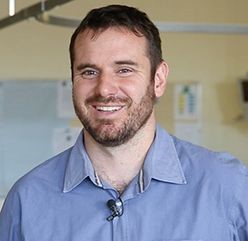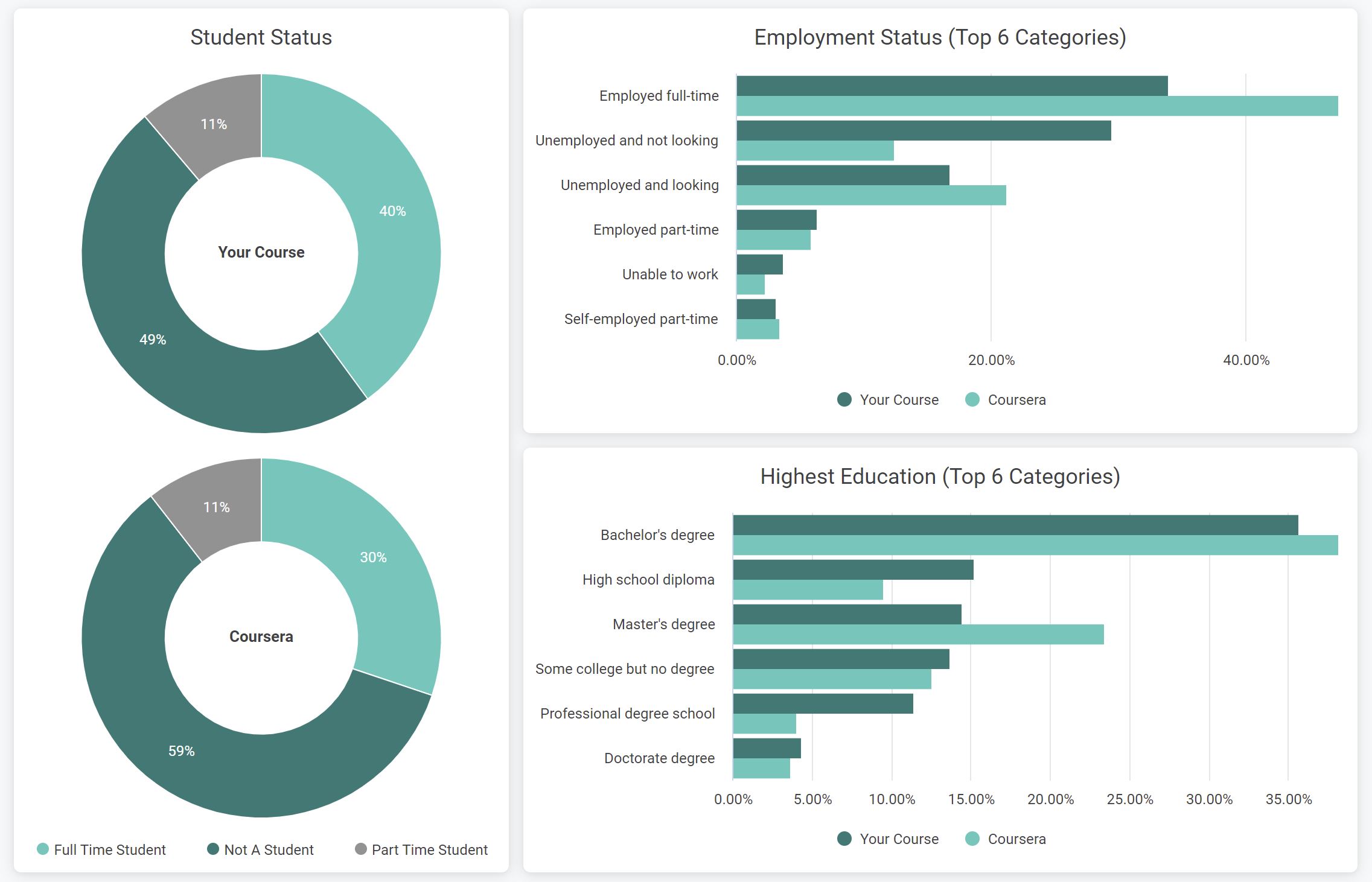
Teaching principles of organ donation: a 5-year experience of a massive open online course
David Thomson1, Tinus Du Toit1, Boitumelo Nkgudi1, Lori Bocchino2, Martin Brand3, Kiera Noel4, Elmi Muller1,5.
1Department of Surgery, University of Cape Town, Cape Town, South Africa; 2Undergraduate Medical Education Unit, University of the Witwatersrand, Johannesburg, South Africa; 3Department of Surgery, University of Pretoria, Pretoria, South Africa; 4Department of Surgery, University of the Free State, Bloemfontein, South Africa; 5Faculty of Health Sciences, University of Stellenbosch, Cape Town, South Africa
Introduction: Comprehensive education is needed of all doctors who might one day be relied upon to identify, refer, and manage potential donors while comforting a grieving family. Online education platforms offer a method of teaching medical professionals and the public on a large scale about deceased organ donation best practices. Developing countries have insufficient resources to educate health professionals in the skills to identify and support potential organ donors and their families. We describe the 5-year demographic and geographic profile and perceptions of participants who completed a MOOC on organ donation offered by an African university via a global platform.
Methods: A 5-year review of the massive open online course Organ Donation: From Death to Life since its launch is July 2017 was done using the Coursera analytics platform. Local uptake in South African Universities was also reviewed.
Results: A total of 8675 people enrolled in the course over the 5-year period. Of these 5803 started the course and 3461 completed the course. An average star rating of 4.8 / 5 was attained from 617 reviews with 84% giving the course a 5 star rating. The majority of students 52% were between the ages of 25-34 with 60% being female. The majority of participants were from Africa (45.9%) followed by Asia (23.9%), North America (13.9%) and Europe (11.7%). While 40% of participants were fulltime students 49% were not and 11% were part-time students. Average monthly learners hit a peak of 433 learners in the 3rd month of the COVID-19 pandemic. Only 2% of enrollments paid the optional course fee.



Only 4 South African universities (University of Cape Town, University of the Free State, University of the Witwatersrand, and University of Pretoria) had formally included the online educational resource into their undergraduate curriculums all with an individual local educator driving the course.
Conclusion: Online education resources on aspects around organ donation are well received. Local champions are needed at universities to run such a course and ensure we educate all our graduates on this important topic.
Centre for Innovation and Learning and Teaching, University of Cape Town.

right-click to download
